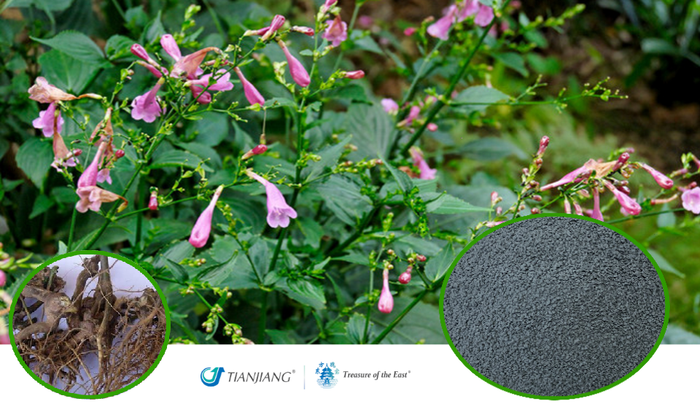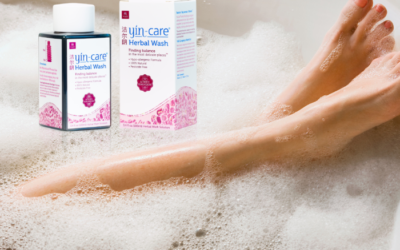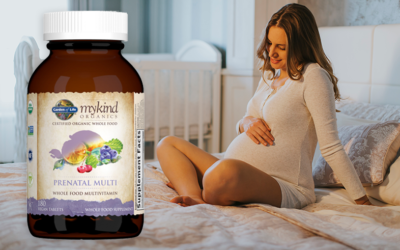The Benefits of Qing Dai
Qing dai is a traditional Chinese medicine that has been used for centuries to treat a variety of ailments. The herbal medicine has been shown to be effective in treating skin conditions, respiratory problems, and gastrointestinal issues such as inflammatory bowel disease and ulcerative colitis. Qing dai is also believed to have anti-inflammatory and immune-boosting properties.
In recent years, qing dai has become increasingly popular as a natural treatment for cancer. Studies have shown that qing dai can help to inhibit the growth of cancer cells and improve the effectiveness of chemotherapy. Cancer patients who use qing dai often report improved quality of life and reduced side effects from their treatments.
What is Qing Dai?
Qing Dai is a plant-based extract, most commonly taken from Indigofera tinctoria, Isatis tinctoria, and Polygonum tinctorium. Qing dai is also known as Indigo Naturalis. Its dark blue flowers and leaves are often used to make a dye that is said to have numerous health benefits.
What is Qing Dai (indigo naturalis) good for?
As a traditional Chinese medicine, some of the conditions that qing dai has been traditionally used to treat include psoriasis, eczema, and acne.
Recent studies have shown that qing dai can also be effective in treating other skin conditions such as dermatitis and urticaria. In addition, qing dai has also been found to be effective in treating digestive disorders such as irritable bowel syndrome, ulcerative colitis, and Crohn’s disease.
So, what are the benefits of qing dai? Qing dai can help to treat a variety of skin conditions and can also help to treat digestive disorders. It is a natural remedy with few side effects, is relatively inexpensive, and is easy to obtain.
If you are looking for a natural way to treat your skin or digestive condition, then qing dai may be worth considering. However, as with any medication or herbal remedy, it is always best to speak to your doctor or health care provider before taking anything new.
Can qing dai be used to treat inflammatory bowel disease?
In recent years, qing dai has been shown to be effective in treating inflammatory bowel disease (IBD).
Inflammatory bowel disease is a chronic inflammation of the gastrointestinal tract that can lead to a number of uncomfortable and even dangerous symptoms. These include abdominal pain, diarrhea, weight loss, and fatigue. IBD can be very difficult to manage and there is no cure.
However, qing dai has been shown to be an effective treatment for IBD. In the clinical trials of one study, qing dai was found to be as effective as the prescription medication mesalamine in reducing symptoms of IBD. Qing dai was also better tolerated than mesalamine, with fewer side effects.
Qing dai is thought to work by reducing inflammation in the gastrointestinal tract. It may also help to improve gut motility and reduce the severity of symptoms.
If you are suffering from IBD, talk to your doctor about whether qing dai may be an effective treatment for you.
Can qing dai help treat ulcerative colitis?
In recent years in studies exploring alternative treatments, qing dai has been shown to be effective in treating ulcerative colitis (UC), a chronic inflammatory bowel disease.
A 2013 study published in the World Journal of Gastroenterology found that qing dai demonstrated clinical efficacy in inducing remission and reducing the clinical symptoms of intractable ulcerative colitis. The study looked at 60 UC patients who were treated with qing dai or a placebo for eight weeks. The results showed that qing dai was significantly more effective than the placebo controlled evaluation in reducing symptoms and some patients achieved clinical remission.
Qing dai is thought to work by reducing inflammation in the gut. It contains a compound called indigo naturalis, which has anti-inflammatory properties. Indigo naturalis is also thought to help heal the lining of the gut, which can be damaged in ulcerative colitis.
In addition to its anti-inflammatory effects, qing dai is also a powerful antioxidant. Antioxidants are thought to help protect the body against damage from free radicals, which can contribute to inflammation in UC patients.
The clinical response of qing dai has been that is is generally well tolerated and side effects are rare in treating UC patients. The most common side effect is mild stomach upset. If you experience any severe side effects, stop taking qing dai and speak to your doctor.
Qing dai may offer a safe and effective option for people with ulcerative colitis who are looking for an alternative treatment to conventional medications. If you are considering trying qing dai as a Chinese herbal medicine, speak to your doctor to see if it is right for you.
How to Take Qing Dai
Taking qing dai is easy – it is available in capsules, tablets or powders from health food stores or online retailers. The recommended dosage is two capsules or tablets three times daily, or as directed by your healthcare practitioner.
Qing dai can also be made into a tea – simply add one teaspoon of the dried herb to a cup of boiling water and steep for 10 minutes.
Does Qing Dai have any side effects?
Qing dai may cause some side effects in some users, such as diarrhea, stomach upset, and dizziness. Therefore, it is important to speak with a healthcare provider before taking this supplement and begin by taking slowly.
FAQs about Qing Dai
How do you pronounce Qing Dai?
Qing dai is pronounced “ching die”.
Is Isatis Root the same as Qing Dai?
No, they are not the same. Isatis root is the root of the plant Isatis tinctoria, while Qing dai is extracted from the leaves and flowers. Both extracts have been used for their medicinal properties for centuries.
Where to buy Qing Dai
You can buy qing dai from traditional Chinese medicine retailers such us at AcuAtlanta. Our most popular product of this herbal medicine is Qing Dai from Treasures of the East.

Manjusha Ladha is a nationally certified NCCAOM diplomate in acupuncture and licensed to practice in Georgia by the Medical Board of Georgia. Manju graduated from The Jung Tao School of Classical Chinese Medicine in Boone, North Carolina. Jung Tao is the first and one of only three schools in the US teaching classical Chinese medicine which is grounded primarily in the ancient Taoist tradition and philosophy. She completed a four-year program at Jung Tao including a full year of clinical internship. She also has a Master’s Degree in Biology from the University of Jabalpur in India.
After a successful career in business, Manju’s interest in health and healing led her to study acupuncture and Chinese medicine. As a holistic practitioner, she addresses a wide range of disharmonies. Some examples of the conditions she treats include headaches, migraines, depression, anxiety, women’s health issues including infertility, autoimmune and degenerative disorders, hormonal imbalances, impotence, digestive issues, arthritis, muscular stiffness, and pain. In addition to acupuncture, she uses techniques like cupping, guasha and electrical stimulation of acupuncture points. She also incorporates Tuina- a form of Chinese bodywork- when necessary and suggests herbs and supplements for more focused treatment.
Manju believes in the body’s intrinsic ability to heal from within and the power of acupuncture in alleviating symptoms and creating the energetic balance necessary for optimum health. She meditates daily in the Yogic tradition and practices the inner martial arts of Tai Chi Quan. The practice of meditation and Tai Chi allows her to be more in tune with her own energetic core and helps bring an intuitive element to her acupuncture treatments.



